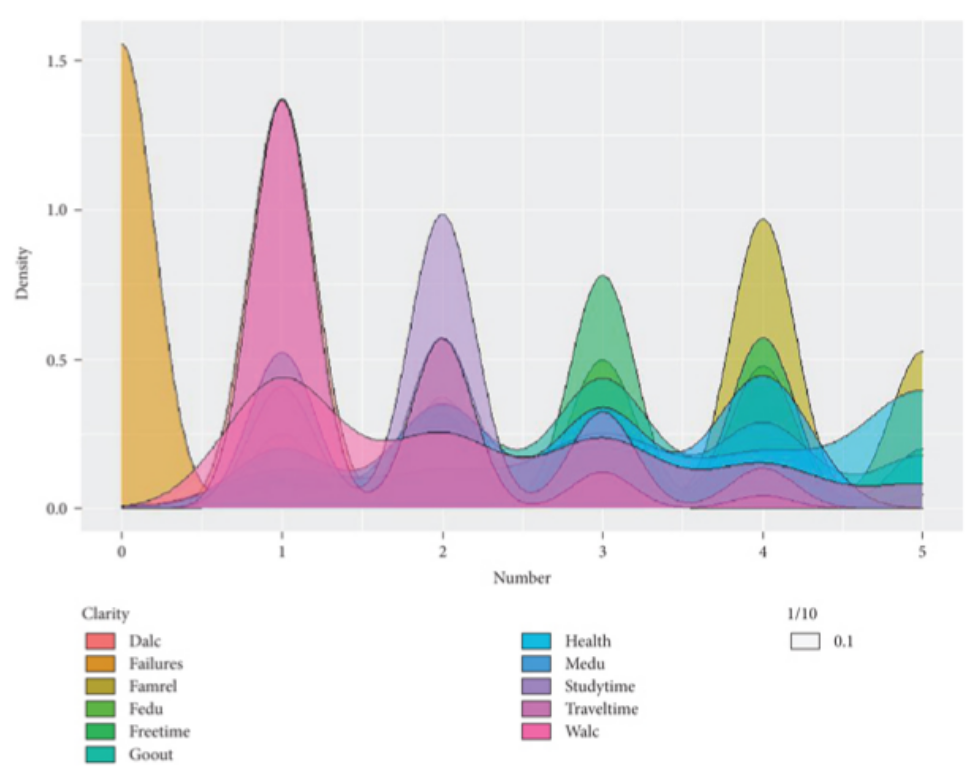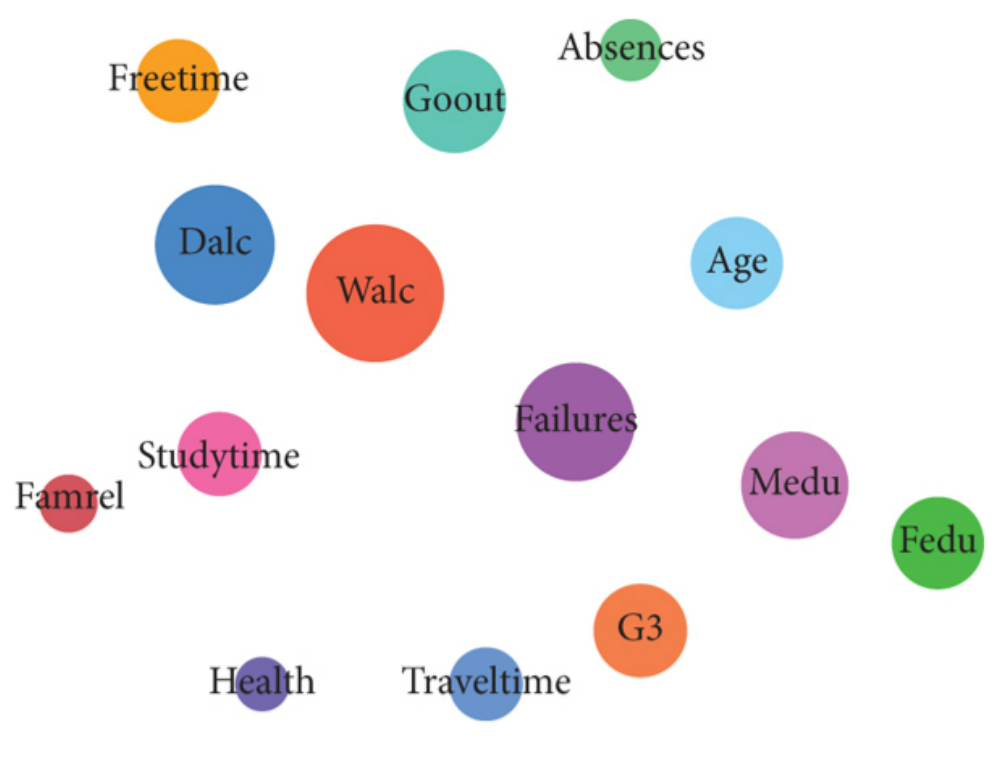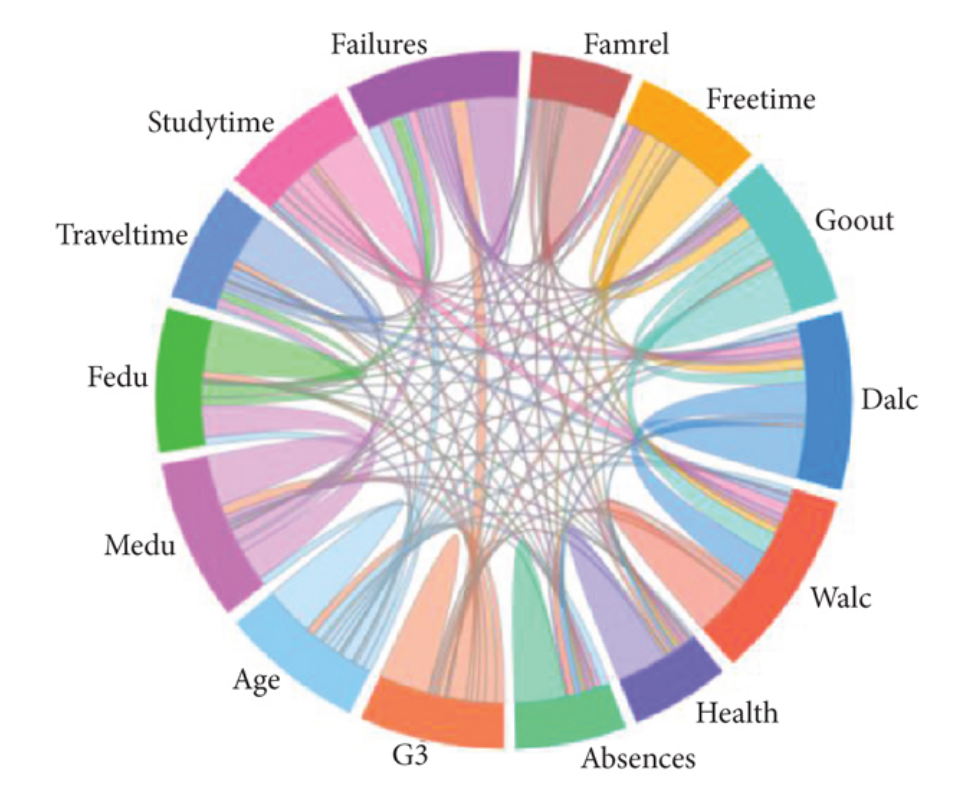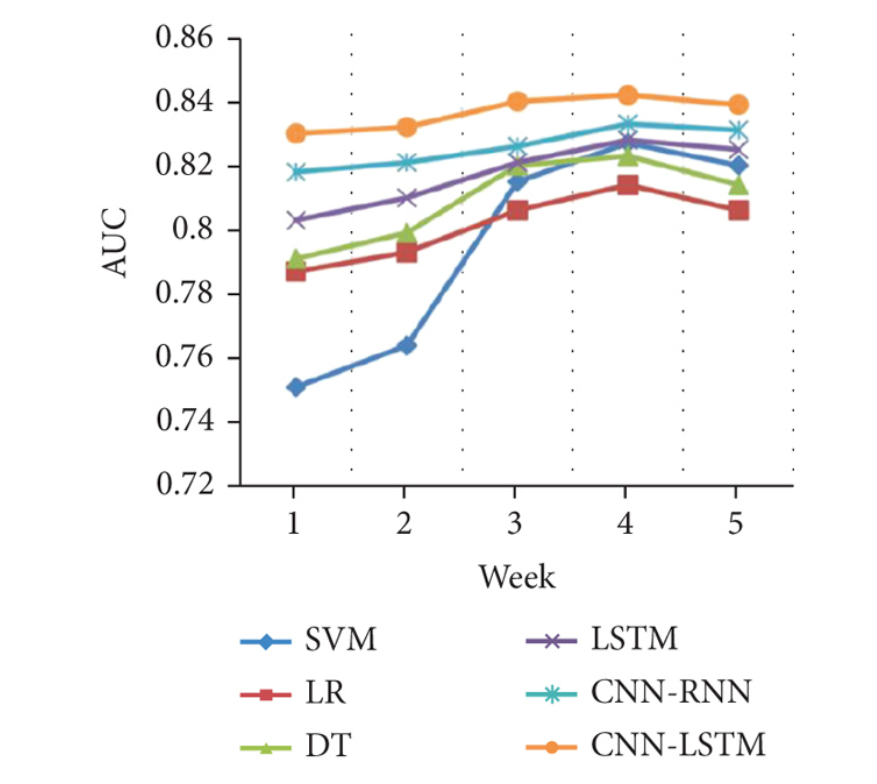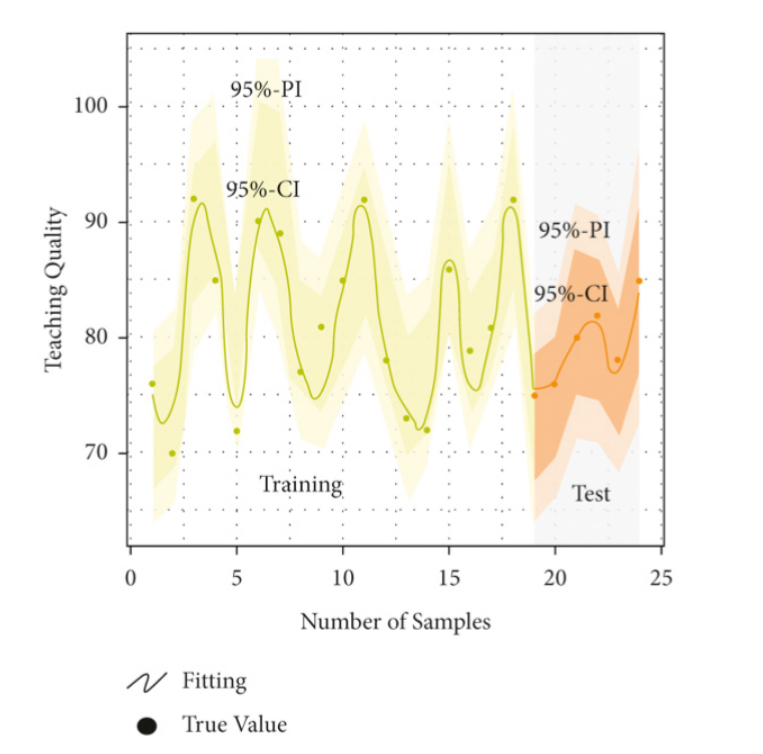 An open access journal
An open access journal
The Role of Arts Integration in Holistic Education: Promoting Creativity, Collaboration, and Well-Being
Abstract
This paper examines the role of arts integration in promoting holistic education, emphasizing its impact on creativity, collaboration, and well-being. Drawing upon literature from education, psychology, and arts advocacy, the paper explores how integrating arts into various subject areas can enhance student engagement, critical thinking, and social-emotional development. It discusses the benefits of arts integration for fostering creativity and divergent thinking, as well as its potential to cultivate empathy, communication skills, and resilience among learners. Through case studies and examples, the paper illustrates effective practices for integrating arts across the curriculum, highlighting the importance of teacher training, interdisciplinary collaboration, and community partnerships. Additionally, the paper addresses challenges such as limited resources, standardized testing, and perceptions of arts as ancillary to academic learning. It concludes by advocating for a holistic approach to education that values the arts as essential components of a well-rounded curriculum, promoting student success and overall well-being.
Share and Cite
Article Metrics
References
- Deasy, R. J. (2002). Critical links: Learning in the arts and student academic and social development. Arts Education Partnership.
- Hetland, L., Winner, E., Veenema, S., & Sheridan, K. M. (2013). Studio thinking 2: The real benefits of visual arts education. Teachers College Press.
- Malloch, S., & Trevarthen, C. (Eds.). (2009). Musical imagination: U.S.-Colombian perspectives. Oxford University Press.
- Palombo, A. R., & Farrington, C. A. (2017). Assessing the impact of arts integration on school improvement: A researcher-practitioner partnership. Journal of Education for Students Placed at Risk, 22(4), 219-240.
- Seidel, S. B., Tishman, S., Winner, E., Hetland, L., & Palmer, P. (2009). The quality of evidence: Supporting claims in the arts and non-arts disciplines. Arts Education Policy Review, 110(2), 37-44.
- Shulman, L. (2005). Signature pedagogies in the professions. Daedalus, 134(3), 52-59.
- Wilson, D. (2011). Transforming education through the arts. Routledge.

